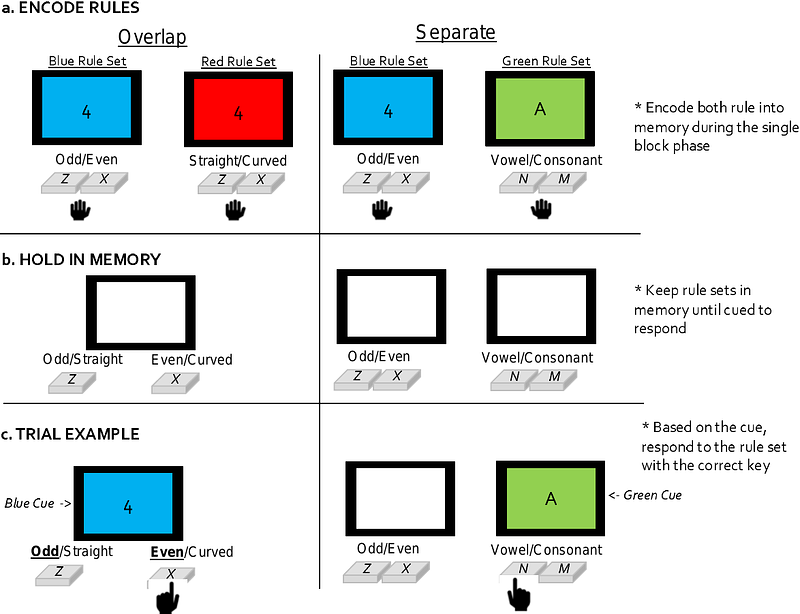Global functional connectivity of cognitive control network predicts task-switching performance in older adults

Global functional connectivity of cognitive control network predicts task-switching performance in older adults
Madero, B.; Sodoma, M.; Oehler, C.; Magnotta, V.; Long, J.; Hazeltine, E.; Voss, M.
AbstractExecutive Function (EF) is a complex higher order cognitive process that involves integrating sub-processes of attention, working memory, inhibition, and task switching and known to be one of the first cognitive functions to be affected by age related declines. Global Functional Connectivity (GFC), a measure of whole brain connectivity in brain networks such as the Cognitive Control Network (CCN), has been shown to measure the maintained EF abilities in older adults with cognitive impairment. However, this relationship has not been explored in a sample comprised of mostly cognitively normal older adults nor with the use of an experimental EF task sensitive to sub-processes most sensitive to aging. Task-switch paradigm studies have shown age-related deficits in holding and responding to rule sets while inhibiting another rule set in working memory (i.e., mixing cost). The present study aims to elucidate the relationship seen in EF performance using GFC and leveraging a task-switch paradigm that manipulates response overlap to in-crease cognitive demands on switching between tasks (e.g., mixing cost). Results show that greater negative DMN GFC coincides with older adults lower mixing costs, not CCN GFC. Findings indicate that DMN GFC, not CCN, may be important for EF performance in older adults.